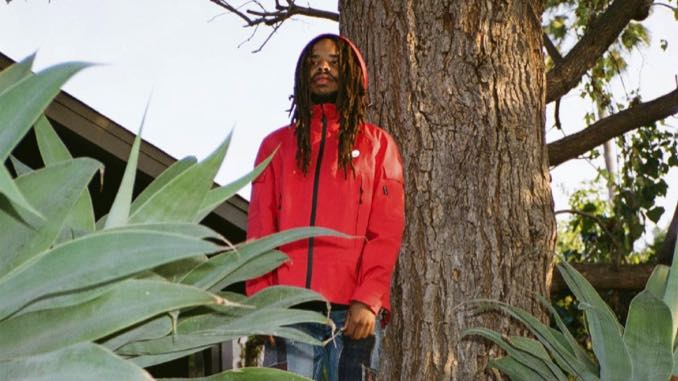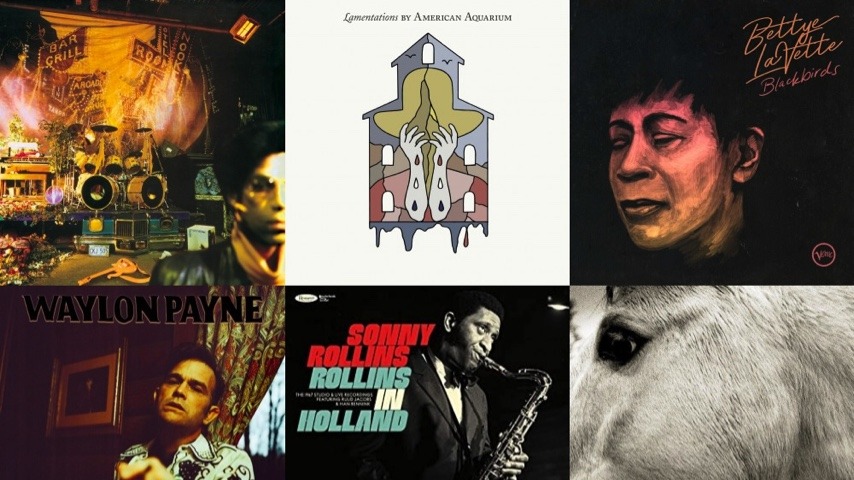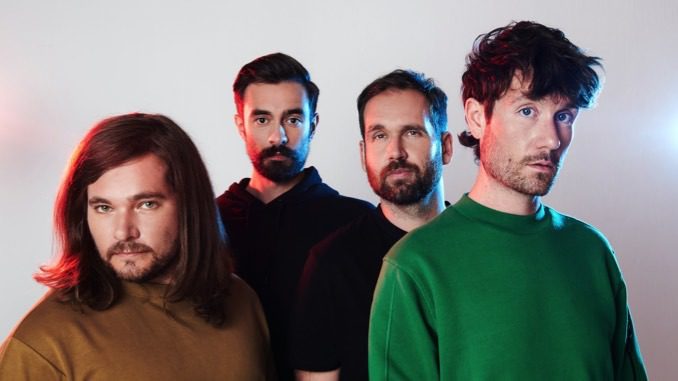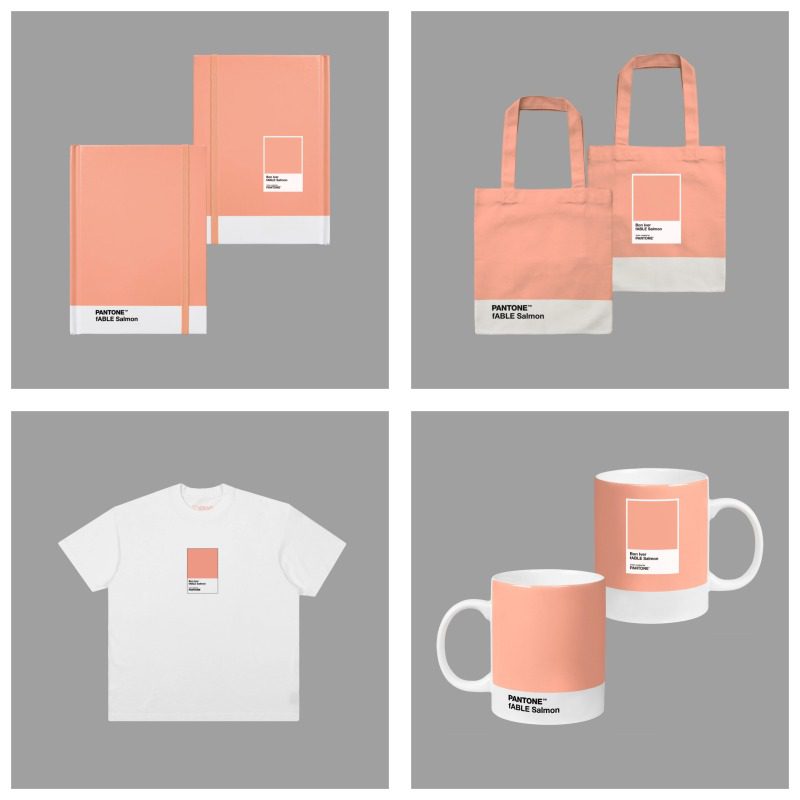Emerging as a member of Odd Future in the late 2000s, it didn’t take long for Earl Sweatshirt to make a name for himself as one of the most prolific alternative rappers of the last 15 years. With his troubled past and brooding attitude, he played the role of a reclusive, murder-fantasizing weirdo in a creative collective whose main claim to fame was being edgily bizarre.
Born Thebe Kgositsile in Chicago, Illinois, in 1994, he was raised in Los Angeles. He joined Odd Future in 2009, after Tyler, The Creator reached out because he enjoyed Kgositsile’s early work under the moniker Sly Tendencies. After the release of his 2010 mixtape Earl, his mother sent him to a boarding school for at-risk teens in Samoa, in an attempt to keep him out of trouble. His disappearance from the spotlight was a mystery until Complex famously went to great lengths to track down his whereabouts. Earl returned to L.A. in 2012 and quickly jumped back into the game. His official debut, 2013’s Doris, found him widespread acclaim as a solo artist, while he also played a key role in OFWGKTA. His work with the crew was colorfully provocative, but his individual output was consistently darker and more stoic.
Odd Future slowed down and stopped touring in the late 2010s, after a lot of the members ended up pursuing more radio-friendly endeavors. Tyler, The Creator evolved into a pop rapper-turned-queer icon. Frank Ocean canonized himself as one of the most ambitious and poetic songwriters of the last decade. Syd The Kid’s music with The Internet embraced Sade-style R&B. Meanwhile, Earl’s art took a turn for the avant-garde. Over the course of just three studio albums, two EPs and a mixtape, his sound has flirted with everything from straightforward boom-bap to freewheeling jazz. So ahead of his fourth album Sick! (out tomorrow, Jan. 14), we’re looking back at the 10 best Earl Sweatshirt songs so far, from his work as a misfit teen to his masterpieces as a prolific rap experimenter.
10. “Earl”
Earl is the quintessential early-2010s mixtape. With its brash bars and gravelly instrumentals, it set the tone for releases by blog-friendly artists like Das Racist and Run the Jewels. The tape’s title track uses a stuttering, distorted groove to lay the framework for his limber flow. “Twisted sicker than mad cattle / In fact, I’m off / Six different liquors,” he spits. Earl’s underage artistic endeavors were definitely a bit uncomfortable—that’s exactly what made them so genius.
9. “MTOMB”
Cramming seven tracks into just 15 minutes, Earl’s 2019 EP FEET OF CLAY was an exercise in efficiency. “MTOMB” is a filtered-sounding cut, built around a chilled-out beat. In just 70 seconds, Earl serves up one of the vaguest tracks in his entire discography. It can be a bit difficult to make sense of the song, which disappears almost as quickly as it begins, but it’s challenging in a way that is rewarding. It’s awesomely grimy, like watching long-forgotten VHS footage of your friends hanging out on a lackadaisical afternoon.
8. “Nowhere2go”
“Nowhere2go” sounds feeble in the most alluring way. Earl raps over a wonky beat, centered on a warbled vocal sample and a crunchy drum groove. His flow is usually pretty blunt, but here, it’s as sing-songy as it gets. Name-dropping members of his crew, Earl sounds both wistful and spiritual. On his more recent albums, Earl has collaborated with some of the lofi-leaning artists that emerged after him, like Navy Blue and Mach-Hommy. You can sense the influence of those artists on “Nowhere2go,” which sounds like it could have been released through the underground hip-hop collective sLUms.
7. “EL TORO COMBO MEAL”
Earl Sweatshirt makes music for driving around aimlessly, pondering life and getting up to no good. Therefore, it’s fitting that he has a song that cryptically pays homage to fast food. “EL TORO COMBO MEAL” is based around a dusty sample of the 1970 track “Your Kiss of Fire” by The Hopkins Bros. Its bilious production makes it sound like it was recorded with the mic on a flip phone. Featuring a drained-sounding verse from up-and-coming left-field rapper MAVI, it’s a latter-day Earl song that leans into the grit of his roots.
6. “Ontheway!”
Enlisting Brooklyn free jazz collective Standing On The Corner to provide a bleary sonic backdrop, Earl’s “Ontheway!” is a prime example of Some Rap Songs’ genre-bending tendency. Clocking in at under two minutes, it plays into the tropes of old-school New York hip-hop until it devolves into a chopped and screwed haze. Although Earl’s voice was shaped by the sun-faded stripmalls of LA, he’s always had the effortless cool of an East Coast rapper, like Prodigy or Raekwon. “Ontheway!” presents his knack for timeless wintry gloom at its finest.
5. “AM // Radio”
It’s hard to imagine an artist like Wiki existing without Earl’s influence. He made a name for himself as the loudmouthed frontperson of the New York trio RATKING, which fused the noise rap of Death Grips and the city kid cool of OFWGKTA. On “AM // Radio,” the two rap over a wispy half-time beat that eventually morphs into featherweight trap. Even though Earl had experienced plenty of fame and fortune before he recorded I Don’t Like Shit, I Don’t Go Outside, it manages to play like a record that emerged from makeshift studios in crummy basements. The duo complement each other flawlessly on “AM // Radio.” It’s a borderline-perfect collaboration.
4. “Sunday”
A team-up with Ocean, “Sunday” is Doris’ ode to partying. Much like the duo’s other iconic collaboration, Channel Orange’s “Super Rich Kids,” the track has the energy of a lonely California night spent getting fucked up, simply because there’s nothing better to do. “And where I’m walking, it’s studded, and half-r******d I stumble / To where she park where she visit, I grab the bottle and chug it / I see the car in the distance, I know the dark isn’t coming,” Earl raps over a warm, organ-heavy beat. Earl was one of the definitive voices for a generation of teenagers raised on Loiter Squad videos and Supreme drops. “Sunday” encapsulates this sprightly spirit.
3. “Mantra”
Pressing play on Earl’s 2015 album I Don’t Like Shit, I Don’t Go Outside, it immediately became clear that the cartoonishness of his early music was nowhere to be found. “Mantra” is an unsettling, evil-sounding song. It’s driven by a sparse instrumental, centered on clattering drums and reverby guitars that sound like they’re beamed from the depths of hell. “Bold and wild, you broke and angry, my n***a / Name getting bigger than the difference between us / N***as is fake, I limit the features I give ‘em,” he raps. The track touches on the stress of fame, and Earl sounds weary and beaten down. For better or worse, that’s exactly what makes ”Mantra” one of the most memorable works in his discography.
2. “Whoa”
Doris is marked by honesty and austerity, but its release was actually pretty triumphant. It landed Pitchfork’s Best New Music, found Sweatshirt millions of new listeners, and even scored him a live appearance with The Roots on The Tonight Show Starring Jimmy Fallon. “Whoa” captures the exciting energy of that era. Driven by a shuffling groove and trebly mono synthesizer leads, it’s a boisterous hype track. It also happens to showcase some of Earl’s most verbose, dense lyricism to date. On his cocky guest feature, Tyler iconically raps about making $250,000 off Odd Future sock sales while standing on the block looking like shit. Earl’s persona generally plays into the unhinged, at-times-scary angst that made his presence in Odd Future so compelling. “Whoa” finds him and Tyler letting loose, bragging about the fruits of their labors.
1. “Chum”
“Chum” isn’t just the best Earl Sweatshirt song, it’s also one of the greatest songs about childhood, suffering and community ever written. In an almost disturbingly youthful voice, Earl calmly opens up about his absent father, messing around with drugs and finding his chosen family through Tyler. “Mama often was offering peace offerings / Think, wheeze, cough, scoffin’ and he’s off again / Searching for a big brother, Tyler was that / And plus he liked how I rap, the blunted mice in the trap,” he raps in an unsettlingly calm, but fiery flow. His bars are supported by a sauntering, piano-laden instrumental that sounds like it could have been ripped from a golden age Wu-Tang record. Like the best thematically heavy music, “Chum” isn’t easy to listen to, but it’s also nearly impossible to turn off.
Ted Davis is a culture writer, editor and musician from Northern Virginia, currently based in Los Angeles. He is the Music Editor for Merry-Go-Round Magazine. On top of Paste, his work has appeared in Pitchfork, FLOOD Magazine, Aquarium Drunkard, The Alternative, Post-Trash, and a slew of other podcasts, local blogs and zines. You can find Ted on Twitter at @tddvsss.




